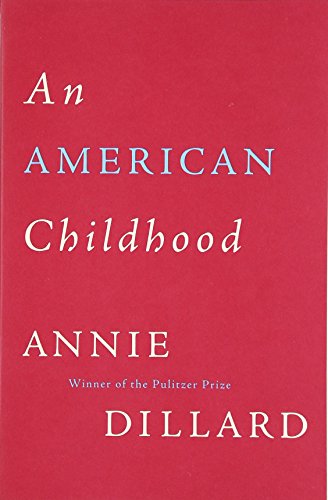
During this time, she published several poems and short stories.ĭillard's family did not attend Presbyterian church but when she was a child she and her sister did.She also spent a few summers at a fundamentalist summer camp. In 1968 she graduated with a Masters in English, after writing a 40-page thesis on Thoreau's Walden, which focused on the use of Walden Pond as "the central image and focal point for Thoreau's narrative movement between heaven and earth." The next couple of years after graduation Dillard spent painting and writing.

Dillard (her maiden name is Doak)-the person she says "taught her everything she knows" about writing.

She married her writing teacher, the poet R. But there were also many troubles-like the horrors of war, which she often read about.Īfter graduating from high school, Dillard attended Hollins College (Hollins University since 1998), in Roanoke, Virginia, where she studied literature and creative writing. Dillard's childhood was filled with days of piano and dance classes, rock and bug collecting, and devouring the books on the shelves of the public library. Her father taught her everything from plumbing to economics to the intricacies of the novel On The Road. Her mother was a non-conformist and incredibly energetic. She is the oldest of three daughters, born to affluent parents who raised her in an environment that encouraged humor, creativity, and exploration. Richardson, Jr.ĭillard describes her childhood at length in An American Childhood.

She is married to the historical biographer Robert D. She has also published poetry, essays, literary criticism, autobiography, and fiction. Literary Lion Guggenheim Foundation Grant.Īnnie Dillard is a Pulitzer Prize-winning American author, best known for her narrative nonfiction. Literature, American Academy of Arts & Letters NationalĮndowment for the Arts Grant New York Public LIbrary


 0 kommentar(er)
0 kommentar(er)
